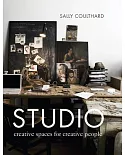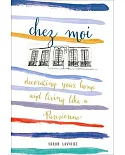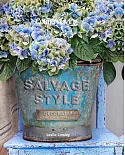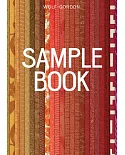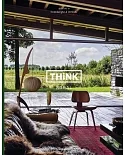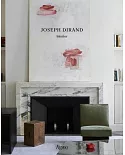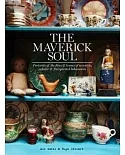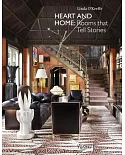Wallpaper was initially used as an affordable substitute for lavish coverings, such as frescoes, tapestries, leathers, or hangings. Its current form debuted in sixteenth-century England, and
its popularity took off at the end of the eighteenth century following advances in reproduction techniques. Wallpaper transformed the world of interiors, offering depth and perspective,
creating the illusion of panoramic vistas, and incorporating narrative sequences, collections of engravings, or brief morality or history lessons. It eventually developed into the wide range of
styles that have marked four centuries of decorative art, from Raphael to conceptual art, and from frescoes to photography. This stunning contribution to wallpaper’s current revival offers a
comprehensive review of a savoir faire that continues to thrive.







